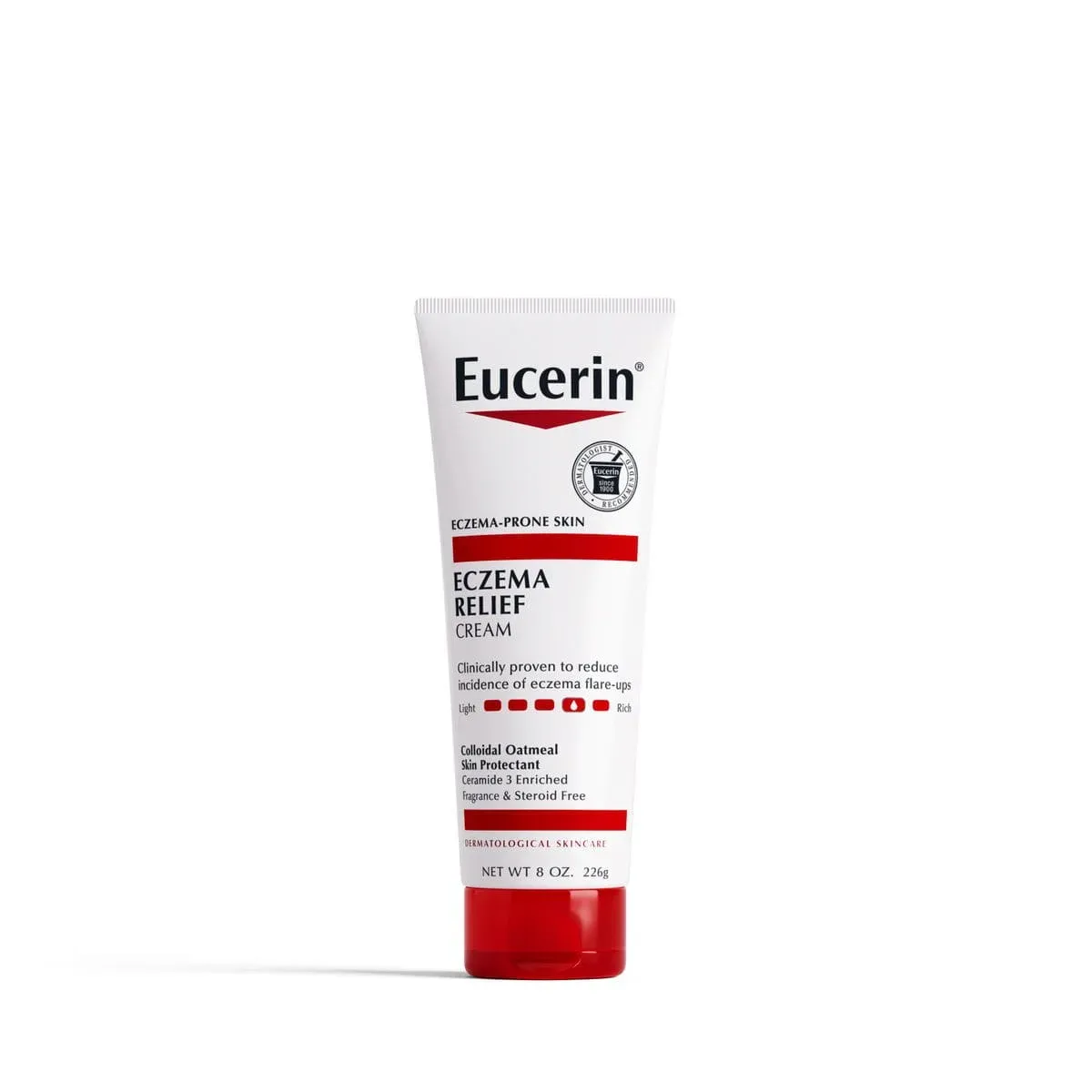If you have eczema, you know how frustrating it can be to deal with red, itchy skin. While medications can help, there are also natural remedies you can try at home to ease your symptoms. Below are 10 natural options that may help moisturize your skin and protect its natural barrier. If you’re already using prescription treatments, talk to your doctor before trying new remedies.
1. Colloidal Oatmeal
Colloidal oatmeal is made from finely ground oats. It can calm and soften inflamed skin. You can find it in creams or powders.
How to use it:
- Add the powder to lukewarm bathwater and soak for 5–10 minutes.
- After bathing, pat your skin dry and apply a thick, hypoallergenic moisturizer.
2. Evening Primrose Oil
This oil comes from the evening primrose plant. It contains omega-6 fatty acids and gamma-linolenic acid, which may help reduce inflammation.
How to use it:
- Apply it directly to the skin or take it as a supplement (consult your doctor first).
3. Coconut Oil
Coconut oil is a natural moisturizer with antibacterial properties. It can help prevent infections, which is important for people with eczema.
How to use it:
- Choose virgin or cold-pressed coconut oil.
- Apply it to your skin after bathing.
4. Sunflower Oil
Sunflower oil helps lock in moisture and keep bacteria out. It may also reduce itching and improve eczema.
How to use it:
- Apply it directly to damp skin after bathing.
5. Witch Hazel
Witch hazel is an astringent that can calm inflamed skin, dry oozing areas, and relieve itching.
How to use it:
- Apply witch hazel to affected areas with a cotton pad.
6. Vitamin D Supplements
Vitamin D may help improve your immune system and skin barrier, which could reduce eczema flare-ups.
How to use it:
- Consider taking a vitamin D supplement after consulting your doctor.
7. Aloe Vera
Aloe vera has antibacterial and antioxidant properties. It can help heal dry skin and wounds, making it useful for eczema.
How to use it:
- Apply pure aloe vera gel directly to the skin.
8. Manuka Honey
Manuka honey has anti-inflammatory and antioxidant properties. It may help soothe eczema symptoms, though more research is needed.
How to use it:
- Apply a thin layer of honey to affected areas.
9. Relaxation Techniques
Stress is a common eczema trigger. Relaxation techniques can help reduce flare-ups.
Techniques to try:
- Meditation
- Deep breathing
- Yoga
- Tai chi
10. Dietary Changes
Certain foods can trigger eczema, while others may help. Pay attention to how your diet affects your skin.
Foods to avoid:
- Cow’s milk
- Eggs
- Nuts
- Shellfish
Foods that may help:
- Fatty fish
- Yogurt
- Apples
- Broccoli
- Spinach
How to Prevent Eczema Flare-Ups
To avoid flare-ups, stay away from things that irritate or dry out your skin, such as:
- Perfumed soaps or detergents
- Wool or tight clothing
- Pollen or animal dander
Food allergies can also trigger eczema, especially in children. Eliminating common trigger foods may help.
Key Takeaways
Natural remedies like colloidal oatmeal, coconut oil, and relaxation techniques can help manage mild to moderate eczema. For severe cases, prescription treatments may be needed. If eczema is affecting your daily life, talk to a doctor to create a treatment plan that works for you.

